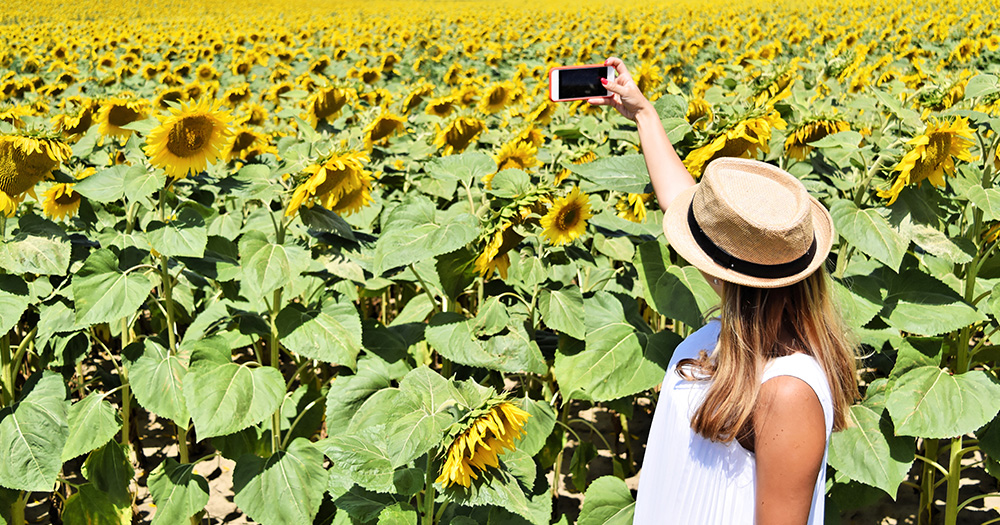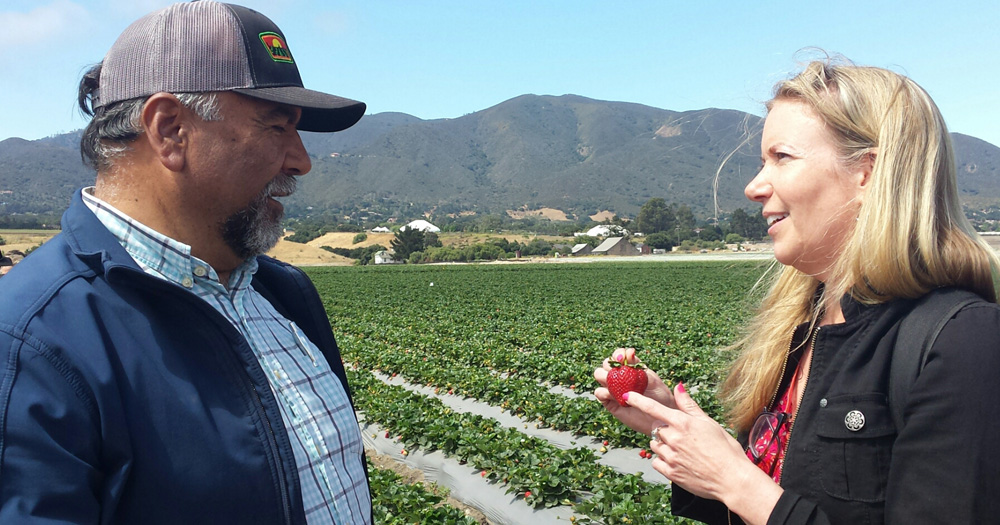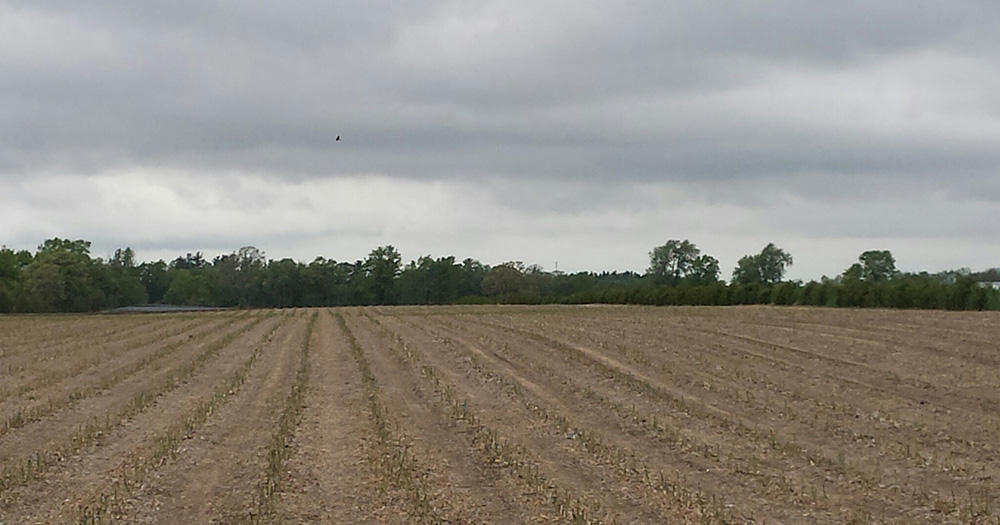
Sustainability is Far Beyond Selfies with Farmers
The global pandemic has increased scrutiny in the food system. With the pandemic’s far reaching implications in the food supply, more than ever sustainability needs to be about the entire lifecycle, well beyond the overused selfies with farmers on Instagram.
The complexity of food growing, handling, processing, distributing, retailing, food service, home preparation and disposal, plus all the workers involved at each step, has had a spotlight shone on it due to the pandemic. This is providing challenges, but also opportunities for improvements in the adaptability and sustainability of our food system. Let’s explore sustainability is far beyond selfies with farmers.
Supply Chain
From traceability to sourcing ingredients closer to home, the fragile borders due the pandemic caught many food companies not prepared for ingredient shortages. In Canada, commodities like coffee and citrus fruits are not available on a commercial scale domestically, however, the crisis has allowed companies to better protect against shortages by identifying alternative supplies closer to home. The situation has also identified the importance and necessary advancement of technology from the gate to the plate.

Sustainability is far beyond selfies with farmers. For a knowledgeable snapshot of strawberry farming – check out my 2016 Get Real with California Strawberries Blog.
Circular Economy
As we embrace the idea of a circular economy, what does that mean for the global food industry? The past decade, we have been discussing food waste reduction as part of a larger sustainability theme to decrease many environmental inputs across the entire food value chain.
From food origin and transparency to customer experience and demands, the global food system is complex and interlinked. A circular economy (often referred to simply as “circularity”) is an economic system aimed at eliminating waste and the continual use of resources. This regenerative approach contrasts with the traditional linear economy, which has a ‘take, make, dispose’ model of production. A Canadian Group – Provision Coalition reports approximately one-third of our food is wasted. From their 2019 assessment of only one per cent of Canadian food and beverage manufacturers, they reported nine million kilograms of food is wasted.
 The Workers
The Workers
Keeping the retail shelves stocked during the pandemic made the common consumer understand just how important our food workers are in the supply of our food. In early April 2020, I was interviewed about COVID-19 and the Food Supply, and one of my top concerns was the migrant workers needed on the Canadian farms as we headed in the busiest growing season in our country. How were farmers supported by the government going to properly quarantine the workers when they arrived? Plus, the on-site housing or bunk houses were not conducive to physical distancing. Unfortunately, outbreaks both in Norfolk and Essex Counties leading to fatalities of three workers has shone a big bright light on that aspect of our food sector.
 Next Steps
Next Steps
The pandemic has given us an opportunity to scrap the pre-covid business as usual, be mindful and to make fundamental changes in the food system. From sourcing ingredients closer to home and advancing supply chain technology, to understanding all the inputs of sustainability such as a circular approach and the importance of our workers, we have opportunities for improvements in the food system. These improvements include biodiversity; energy and water use; animal and human health; the climate; and land use for the long-term.
